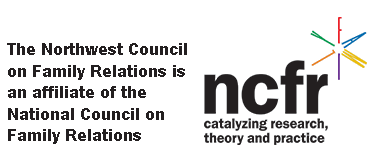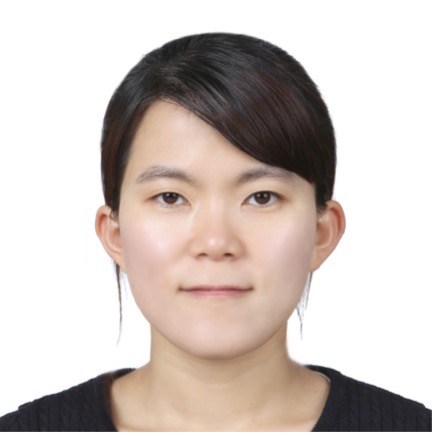Panel
Session: Reviewing the Resilience in Our Youth, Families and Communities
April 28
Michelle Sandoval, Ph.D. (she/her). Michelle is a psychological scientist by training and a champion of social change at heart. Michelle was born in Okanogan County, WA and left her small town of Omak two weeks after graduation, vowing to never return. After 12 years, Michelle returned knowing that the most effective change starts at home. Michelle attended the University of Arizona in Tucson, Arizona where she obtained her doctorate in Psychology, publishing in the areas of sleep, child development, and neuroimaging. Since returning to her hometown, she has worked for the Confederated Tribes of the Colville Reservation, in child welfare for Washington State’s Department of Children, Youth, and Families, and now serves as the Co-Director of a local youth-serving organization, the Foundation for Youth Resiliency and Engagement. She also serves as the Co-Lead for the Okanogan County Coalition for Health Improvement, a coalition initiated by the Accountable Communities of Health and serves on the board of Family Health Centers, a community health center serving populations with limited access to health care. She combines her lived experience and knowledge about developmental psychology, brain development, cognition, the impact of trauma, assessment, and data to reduce racial and social disparities. Her focus and much of her experience has been in the service of children and families, and working with young people as a teacher, mentor, advocate, and guide.
Dr. SuYeon Lee
Illinois Perinatal Quality Collaborative
Northwestern University Feinberg School of Medicine
SuYeon Lee, Ph.D. Su is a postdoc scholar in Illinois Perinatal Quality Collaborative at Northwestern University Feinberg School of Medicine. Before joining the team, she received a PhD in Prevention Science at Washington State University. Her research interest includes understanding of risk and protective factors for optimal health and well-being especially among mothers of color and their children. We know little about how parental sociocultural risk including racial discrimination might be intergenerationally transmitted to their children. Employing multi-method approaches would help unpack the question to provide effective preventive support for children of color. With this in mind, she hopes to design prevention programs to reduce health disparities in these populations. Also, she is committed to fostering the growth of diversity and inclusion through her research, teaching, and community engagement.


